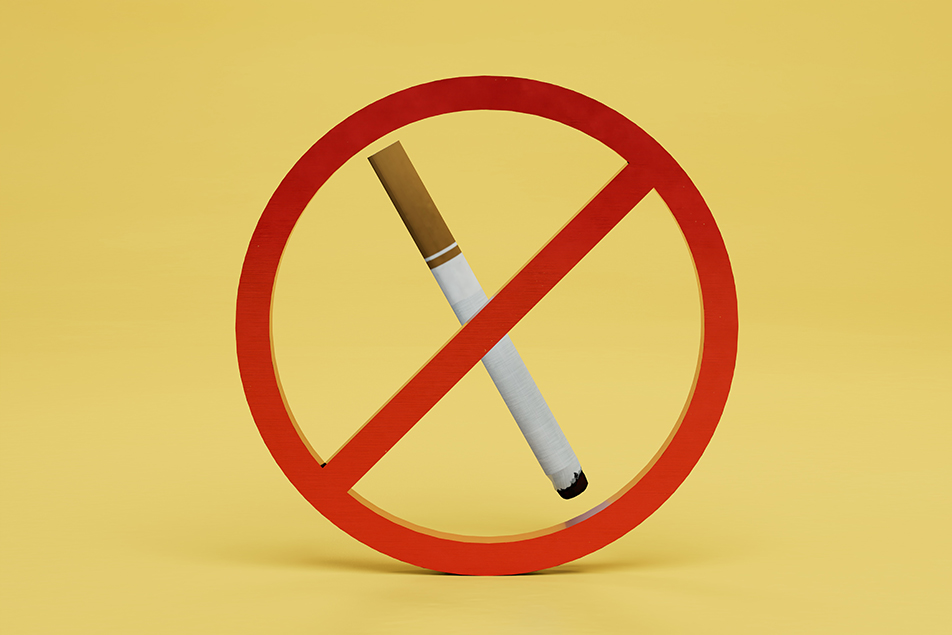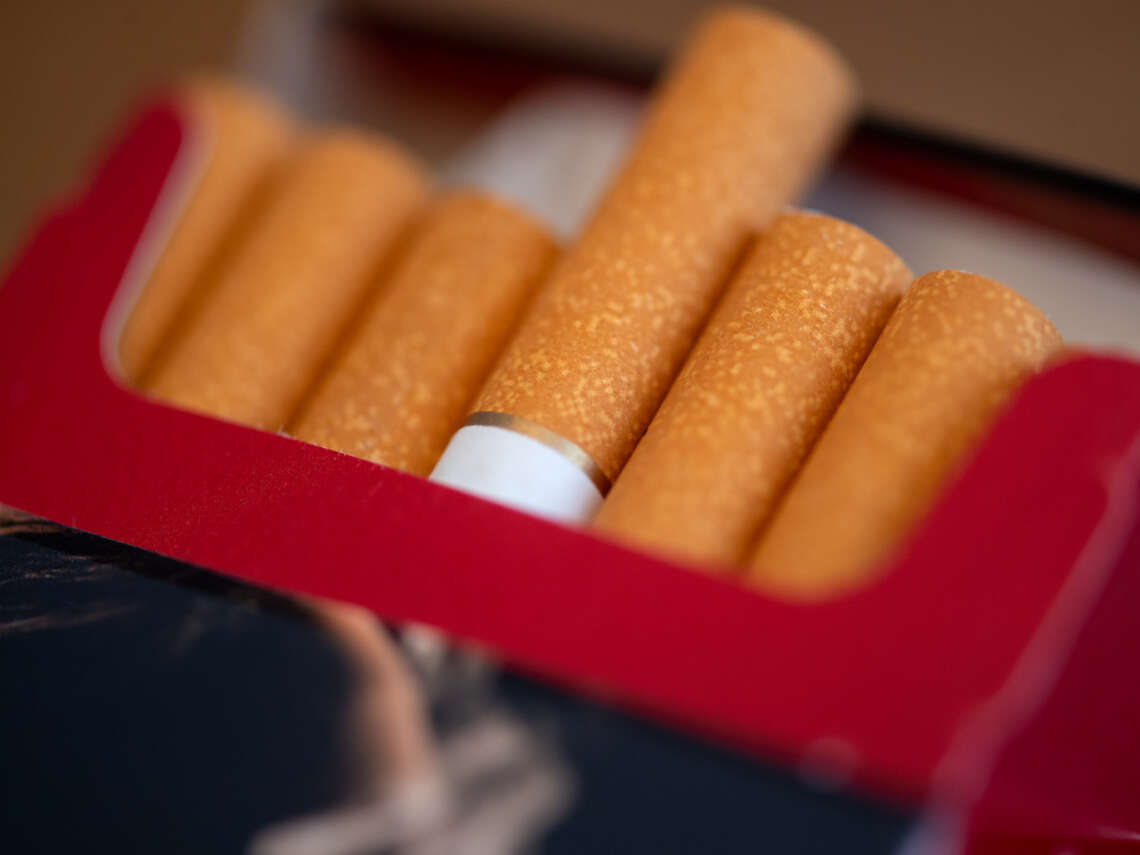In a related development, a study from the Hebrew University of Jerusalem has provided deeper insight into how smoking damages DNA and increases the risk of lung cancer
New research from Finland and Israel highlights the serious long-term health risks of smoking and drinking from an early age, underscoring the need for early lifestyle interventions to prevent physical and mental deterioration — and even cancer.
A Finnish study tracking more than 300 individuals born in 1959 found that people who engaged in heavy smoking and drinking in their youth began experiencing noticeable health declines as early as age 36. Conducted over three decades, the research revealed that the combined impact of these risky behaviors and a sedentary lifestyle significantly compromised both physical and mental well-being.
Dr. Tiia Kekäläinen, lead author of the Finnish study from the Laurea University of Applied Sciences, stressed the urgency of lifestyle change: “Our findings highlight the importance of tackling risky health behaviours, such as smoking, heavy drinking, and physical inactivity, as early as possible to prevent the damage they do from building up over the years, culminating in poor mental and physical health later in life.”
The researchers found that those who smoked and consumed alcohol heavily, while avoiding physical activity, reported poorer health outcomes in their mid-30s, including chronic fatigue, respiratory issues, mood disorders, and general poor physical condition.
In a related development, a study from the Hebrew University of Jerusalem has provided deeper insight into how smoking damages DNA and increases the risk of lung cancer. The research, published in Nucleic Acids Research, focused on benzo(a)pyrene — a toxic compound in cigarette smoke — and its interaction with human DNA.
The Israeli scientists discovered that this chemical binds to DNA and interferes with its normal functioning, leading to mutations. Interestingly, the damage is not uniform across the genome. Some regions of DNA — particularly those that are more open and active — are more prone to damage but also tend to repair themselves more effectively. Other regions, however, may accumulate mutations over time due to inefficient repair mechanisms, significantly increasing cancer risk.
The study also found that certain proteins that regulate gene activity could either shield the DNA from damage or, paradoxically, make it more susceptible, depending on how they interact with the affected regions.

Crucially, the team concluded that the body’s ability to repair DNA damage plays a more important role in whether mutations occur than the amount of damage itself. This insight could shape future strategies for cancer prevention and personalized treatments based on individual DNA repair efficiency.
According to the World Health Organization (WHO), tobacco use remains a global health crisis, accounting for approximately 25 percent of all cancer deaths worldwide. Lung cancer, the most common smoking-related cancer, kills millions annually. Smokers are up to 22 times more likely to develop lung cancer compared to non-smokers, and the WHO estimates that 186 million adults in the Eastern Mediterranean region alone — around 26 percent of the population — are current tobacco users
These studies collectively highlight the urgent need for public health strategies that encourage young people to avoid smoking and excessive drinking. Promoting regular exercise and fostering awareness about the genetic risks associated with tobacco use could significantly reduce the burden of disease worldwide.








